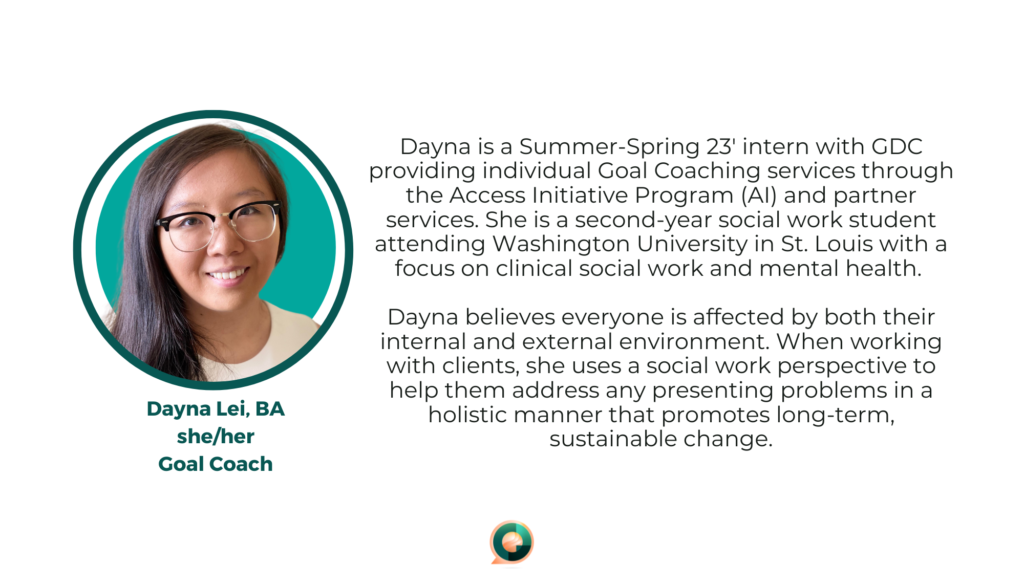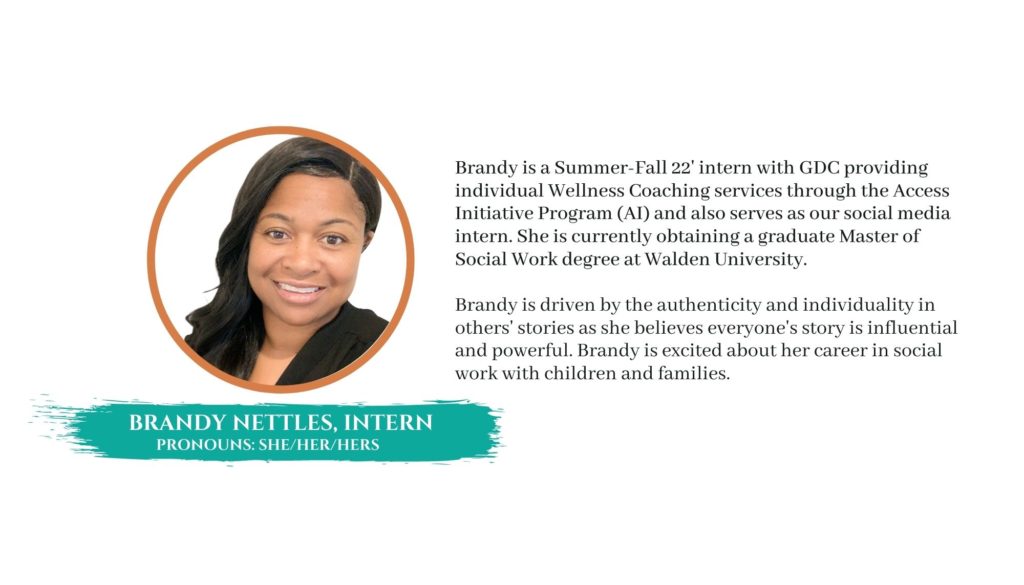Trauma dumping—we’ve heard of it, maybe we’ve even said it. We commonly hear about how trauma dumping is harmful, but in reality, the label of trauma dumping itself can be just as harmful. So what is trauma dumping exactly?
Trauma dumping is generally seen as the act of someone talking about their lived traumatic experiences without invitation or the general “oversharing” of someone’s backstory or traumatic experiences. It’s when someone begins to share their own experiences without being prompted to or in an inappropriate space, but then we have to ask ourselves these questions:
- What constitutes “oversharing”? Is it the details being shared? Is it the amount that’s being shared? Is it the person that the trauma is being “dumped” on?
- Who defines what is or is not an appropriate space? How can someone tell when it’s appropriate to share?
- Who defines these boundaries? What if those boundaries differ from person to person? How can we tell?
“Using the label “trauma dumping” can be an example of when a boundary that is needed is either poorly communicated, or just isn’t communicated at all—and that can lead to harming your relationships”.
-Dayna Lei
Let’s dive a little deeper into why calling something “trauma dumping” can be harmful.
You’ve had a rough day. Something happened that reminded you of something that was difficult for you to cope with in the past. You’re tired, emotional, and generally unhappy, and need someone to listen. You go to a friend’s place, but as soon as you begin chatting about needing support, your friend cuts you off, and says that they can’t handle you “trauma dumping” on them right now. You stop talking, maybe for the entirety of the hangout.
You feel unheard, and worst of all, you feel like your friend doesn’t want you to be heard. You needed someone to listen and had that opportunity ripped away from you in the blink of an eye.
Trauma Dumping: the Label versus the Act
Being told you’re “trauma dumping” doesn’t feel great. It has a negative—maybe even judgmental—implication to it. It’s an inappropriate behavior and is generally discouraged, and even stated to cause harm—and it might be for some. However, the act of sharing our past experiences can be beneficial for certain groups or contexts, which can make the attitudes surrounding “trauma dumping” harmful. For example:
- Sharing past experiences and relating to others with lived experience is a common way for neurodivergent people to communicate and empathize with others
- Some cultures heal through storytelling and the sharing of lived experience
- Being able to share experiences and get others’ input can be incredibly validating and promote or support an additional method of healing
- Collective healing in communities can result from shared experiences to form connection and solidarity
Most of all, telling someone that they are trauma-dumping could insinuate that we don’t care or that someone’s problems aren’t important enough to be heard.
Okay, now we know what trauma-dumping is and how it can be harmful, let’s talk about what this all has to do with boundaries.
Trauma Dumping and Emotional Empathy
What does trauma-dumping have to do with boundaries? First, let’s talk about the concept of empathy, and more specifically emotional empathy.
Emotional empathy involves feeling what another person feels or putting yourself into their shoes to imagine what they are experiencing on a deep and emotional level. Mental Health at Home1 notes that emotional empathy is “our ability to share the emotions of others” and can lead to true understanding. Empathy is one of the most effective ways of connecting with someone that may be struggling.
However, emotional empathy also involves taking up emotional energy. This is particularly the case if someone is going through something heavy. Experiencing that with them can be draining and take away from our own capacity to process our emotions—this is both normal and expected. Continuing to drain ourselves by always utilizing emotional empathy can quickly lead to burnout.
I’m sure we’ve heard the phrase “you can’t pour from an empty cup”. It’s the idea that it is difficult to care for someone else if you are not already taking care of yourself. It allows us to embrace the fact that humans need time to recharge and “refill our cups” after showing a lot of compassion and emotional empathy for someone. This is normal and everyone experiences it.
When we don’t have the capacity to support someone, them venting to us or talking to us about their problems can certainly feel like “trauma-dumping”. Someone would be further draining us when we’re already drained, and this can lead to compassion fatigue. We just don’t have the capacity to be there anymore.
Trauma Dumping & Boundaries
This is where boundaries come in. Everyone deserves to be heard and have their problems and struggles validated, and everyone also deserves to be able to take a step back from offering that compassion if they need to recharge. Both are true, and achieving both is possible through the use of boundaries.
Using the term “trauma dumping” can be an example of an unhealthy boundary, or it can be the product of unhealthy boundary setting. If our “cup” is empty, we simply don’t have the capacity to support someone in an emotional and compassionate way. While this is valid, we can also embrace the fact that their problems or need for support is also valid, without necessarily labeling it as trauma-dumping, which can carry a tone of lack of compassion and harm your relationship.
The intent behind using the term trauma-dumping isn’t the harmful part. Telling someone they’re trauma dumping can be a way of communicating that, at the moment, we just don’t have the capacity to listen to someone or be there for them in the way that we usually do. It’s the negative connotation behind the term that could cause someone to feel invalidated, unheard, and that people don’t want to listen.
Communicating Boundaries
So how do we communicate these boundaries in a healthy way that doesn’t damage our relationship?
It can be as simple as acknowledging that they are having a hard time, and that you don’t have the capacity at this moment to hear them out. You could mention that they’re not alone, or redirect them to someone that does have the capacity to listen to them. You can offer methods of support that don’t involve the details of what’s going on.
For example, we can say something like: “I’m sorry, but I really don’t have the capacity to be there for you right now. Is there anything else I can offer you, like a distraction or maybe some other way of letting you be heard?”
This communicates that you care and acknowledge that what they are concerned about or going through is valid, and also communicates that boundary of not being able to be there at full capacity. You’re still offering support, even if it doesn’t look like the typical support of listening and advising or comforting.
You could communicate ahead of time! If you know that your cup is draining or almost empty, something like “I have some stuff going on right now that might make it hard for me to be fully there for you sometimes” can communicate your limited capacity. Following up with another way to support them helps your relationship move forward instead of suggesting that you don’t care for them, which is what is communicated when the term “trauma-dumping” is utilized.
It’s also important to remember that: boundaries can be hard! We might not know what is the best way to communicate (after all, what’s so different about telling someone you have a limited capacity to hear them out when compared to asking them to not “trauma dump” on you right now?). People might get upset. You might feel pressured to not enforce them, or even feel like you’re being too aggressive with enforcing your boundaries. How do we navigate boundaries in a healthy way?
Want to learn about healthier ways to set boundaries? Interested in hearing and sharing about the challenges of boundary setting? Join us for the Building Better Boundaries Wellness Conversation on September 20th.
Bonus: We’ll be celebrating the one year anniversary of Wellness Conversations. Everyone who attends will be entered into a drawing to win a prize. 🥳 Register here to join us!



